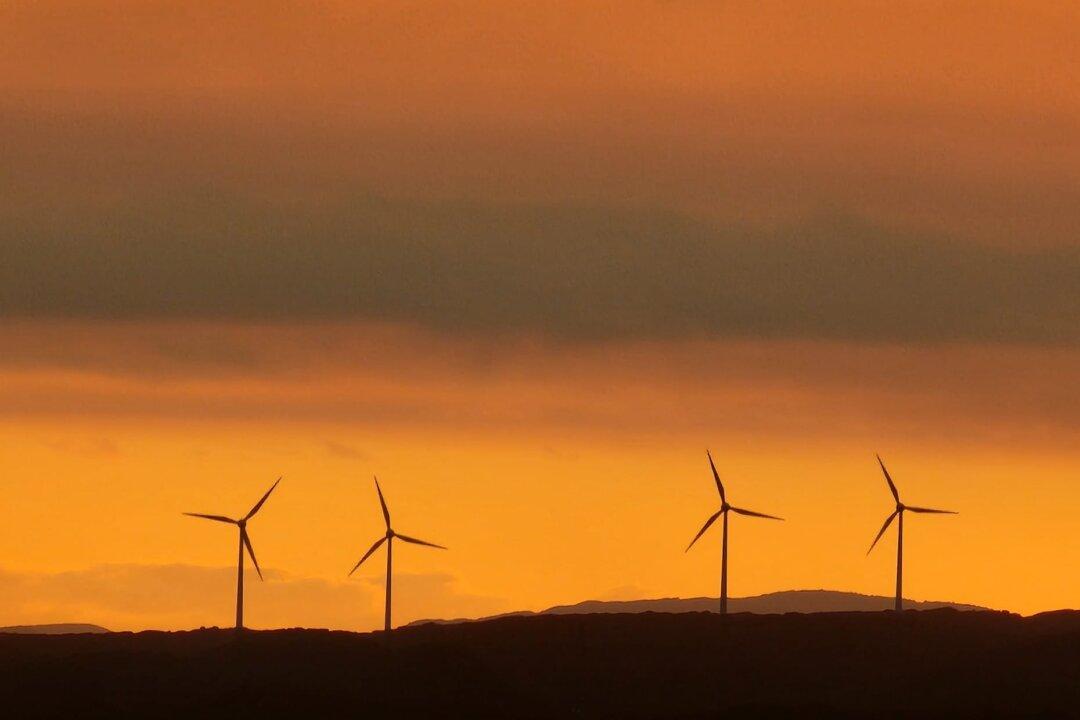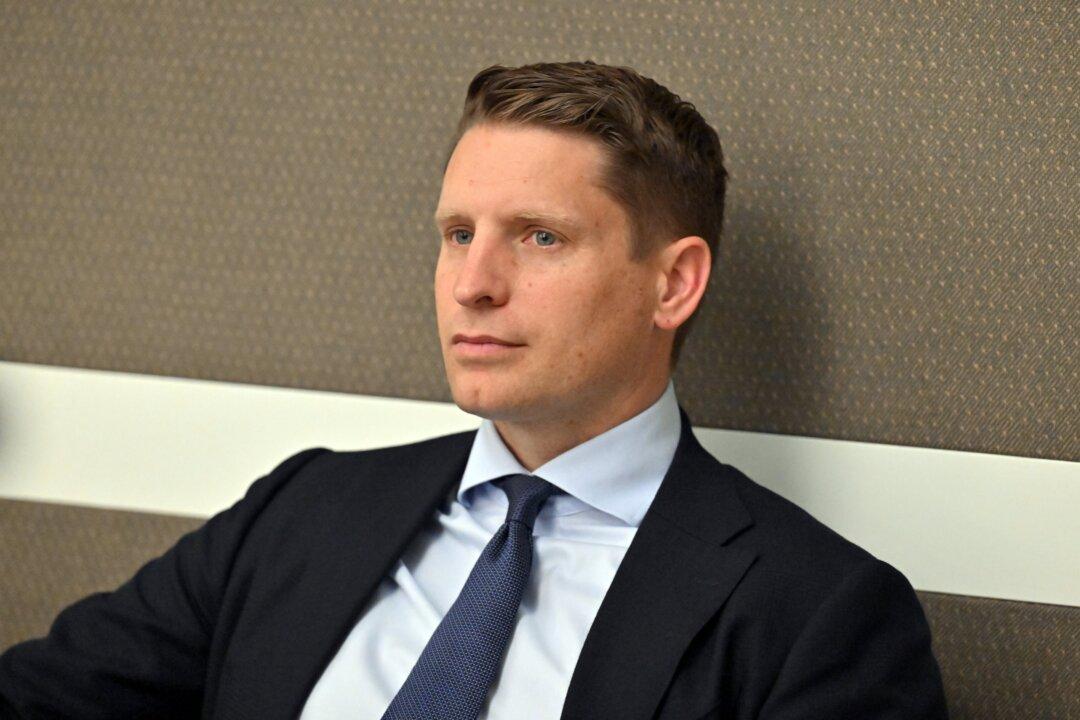Government-owned power will be enshrined in the Victorian Constitution following a vote in the state’s lower house of Parliament.
The State Electricity Commission (SEC) will be locked in public hands in a bid to protect it from privatisation by a future political party or government.





